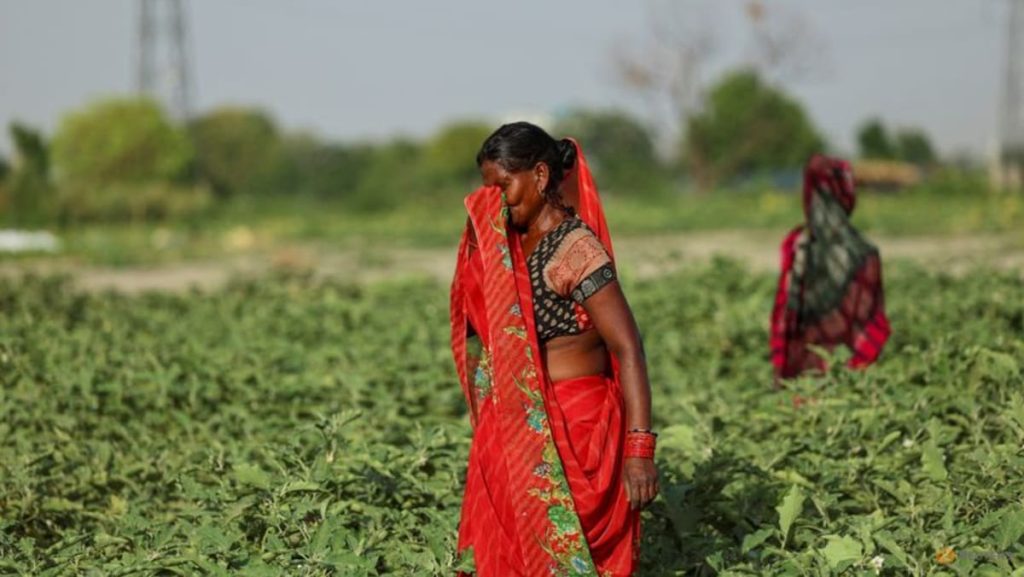In Delhi, the city zoo is taking measures to help its 1,200 occupants, including birds and wild monkeys, cope with the high temperatures. With temperatures expected to reach 43 degrees Celsius, the zoo has shifted to a summer management diet that includes more liquid options and seasonal fruits and vegetables with high water content. The zoo is also using pools and sprinklers to provide relief to the animals.
India and its neighboring countries, including Pakistan, have been experiencing soaring temperatures caused by human-driven climate change. India has set a target to become a net-zero emitter by 2070, despite being the world’s third-largest greenhouse gas emitter. In Pakistan, forest fires have been on the rise, with temperatures reaching as high as 52.2 degrees Celsius last week. The impact of climate change is evident across the region.
While some parts of India are facing extreme heat, the northeastern states of Manipur and Assam have been dealing with heavy rainfall after Cyclone Remal. Several areas in these states have been inundated, causing widespread damage. On the other hand, monsoon rains hit the coast of Kerala two days earlier than expected, signaling the start of the rainy season in the southernmost state of India.
The effects of climate change are being felt across Asia, with countries like India and Pakistan facing extreme weather conditions such as heatwaves and heavy rainfall. The rise in temperatures has been attributed to human activities, highlighting the urgent need to reduce greenhouse gas emissions. In Delhi, the zoo’s efforts to provide relief to its animal occupants during the summer months demonstrate the impact of climate change on wildlife and the environment.
As countries in Asia continue to experience the effects of climate change, it is crucial for governments to take action to reduce emissions and mitigate the impact of rising temperatures. The shift towards renewable energy sources and sustainable practices is vital in combating climate change and protecting the environment. By working together to address the challenges posed by climate change, countries can create a more sustainable future for future generations.
In the face of extreme weather events and rising temperatures, it is essential for countries to prioritize climate action and work towards sustainable solutions. The recent heat-related death in Delhi and the forest fires in Pakistan serve as a stark reminder of the urgent need to address climate change. By implementing measures to reduce emissions and adapt to a changing climate, countries can better protect their citizens and the environment for generations to come.













